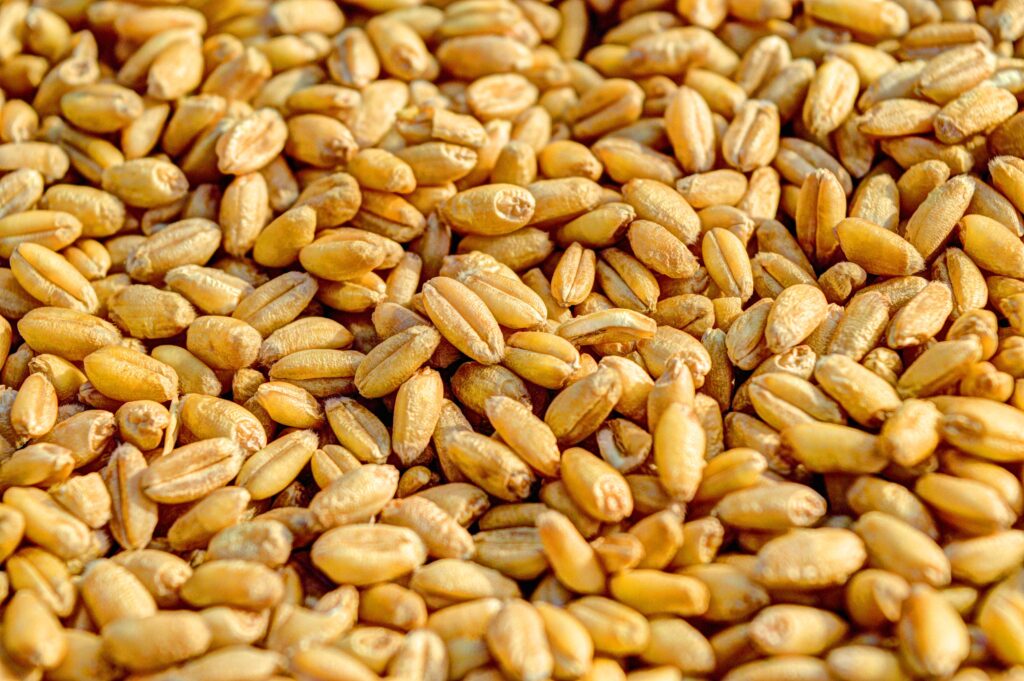Gluten. This one word has sparked countless debates, discussions, and dilemmas in the world of nutrition. Some praise it as a dietary staple, while others vilify it as a health hazard. But what is it, what is its purpose in the body, and what are the good and bad sides of this controversial protein? Let’s delve into the science, studies, and expert opinions to uncover the truth behind it.
What is Gluten?
First and foremost, let’s clarify what gluten actually is. It is a protein we can find in wheat, barley, rye, and their derivatives. It’s what gives bread its elasticity and dough its texture, making it a vital ingredient in many baked goods and processed foods. Therefore, it is predominantly found in:
- Wheat: This versatile grain is a primary source of gluten and is used in a wide range of foods, including bread, pasta, cakes, and cereals.
- Barley: Barley is another cereal grain that contains gluten. It’s commonly used in soups, stews, and malted products.
- Rye: Rye is a less common source of gluten, but it’s used in certain types of bread and crackers.
- Processed Foods: It often sneaks into processed foods as a thickening agent, flavor enhancer, or stabilizer. Careful label reading is essential for those avoiding it.
The Purpose of Gluten in the Body
It plays a crucial role in the baking process, providing the elasticity and structure needed for bread and other baked goods to rise and maintain their shape. However, when it comes to its purpose in the human body, it doesn’t serve a vital function for everyone.
In fact, for individuals with celiac disease, consuming it triggers an autoimmune response that damages the lining of the small intestine. This can lead to malabsorption of nutrients and a range of health issues. So, for those with celiac disease, the body’s response to it is entirely detrimental.
The Bad Sides of Gluten
For some individuals, it is a source of health concerns. Celiac disease, an autoimmune disorder affecting roughly 1% of the global population, is the most well-known adverse reaction to gluten. When individuals with celiac disease consume it, their immune system mistakenly attacks the lining of the small intestine, leading to digestive issues, malnutrition, and a host of other symptoms.
But celiac disease is not the only concern. Non-celiac gluten sensitivity (NCGS) has also gained attention in recent years. Although it lacks the immune system response seen in celiac disease, NCGS can manifest as various gastrointestinal symptoms, such as bloating, diarrhea, and abdominal discomfort, making gluten avoidance a necessity for those affected.
The Good Sides of Gluten
Now, let’s explore the other side of the coin. It has been a dietary staple for centuries and provides several nutritional benefits. Whole grains containing gluten are rich in essential nutrients like fiber, B vitamins, and minerals. These grains can contribute to a balanced diet and promote digestive health.
Numerous studies have suggested that consuming whole grains, including gluten-containing ones, may reduce the risk of chronic diseases like heart disease, type 2 diabetes, and certain types of cancer. The fiber in these grains supports healthy digestion and can aid in weight management by promoting satiety.
Expert Opinions
Dr. Smith, a Renowned Gastroenterologist: “In my years of practice, I’ve witnessed the detrimental effects of gluten on individuals with celiac disease and NCGS. Avoiding it is crucial for their well-being. However, for the general population, it is a valuable source of nutrients, and whole grains should be a part of a healthy diet.”
Nutritionist Rodriguez’s Perspective: “While gluten may indeed have its merits, I’ve seen many clients experience significant improvements in their digestive health and overall well-being after adopting a gluten-free diet. It’s essential to listen to your body and tailor your diet to your individual needs.”
The Gluten Debate Continues
In the gluten debate, it’s evident that individual responses to this protein can vary widely. Celiac disease and NCGS are well-documented conditions that necessitate gluten avoidance. However, for those without these conditions, it can be a valuable source of nutrients and a component of a balanced diet.
As with any dietary topic, it’s essential to consult with a healthcare professional or registered dietitian to determine what’s best for your unique needs. The gluten conundrum continues, but with scientific research and expert guidance, we suggest that you do your research and decide what is the best course of action for you and your body.


